|
Stress Less
Stress is unavoidable - the body and mind need "stress" (or stimulus) to act and react - it keeps us safe and alive - depending on the situation! Stress - in the more modern parlance is usually a mental and physical response to pressure - again this can be positive and negative. Training puts the body under stress, a challenging work task is a stress. It is the level that determines if it is a manageable stress or an overload. Extreme overload can look like overwhelm, anxiety or similar. Prolonged periods like this will have a mental and physical toll. Most of us, fortunately, experience manageable stress day to day. The main implication in the body is the raised level of the hormone cortisol - this is to down regulate the stress hormones - mainly adrenaline - and bring you back to a place of mental and physical balance. You can help your physiological response along in a few ways: - Meditation - focusing on a positive thought pattern - Mindfulness - similar to meditation, but more a slowing and reduction having thoughts rolling around - Breathing - eg Box Breathing to lower the heart rate, control gas exchange in the lungs and slow fight or flight responses - And more... See second picture below Hanna and I talked about this in this morning's Morning Coffee chat here: https://youtu.be/JN78VIt3HKw Stress is necessary - our reaction and support strategies can be a big help in smoothing our ride through life ?
0 Comments
We are the product of our habits.
They can work for us or against us. Adding new habits can be hard work - we have to literally rewire the brain - and it takes longer than the often touted 28 days to embed a brand new behaviour. Stacking a new habit with something you routinely already do is more realistic. For example: - Do your rehab stretches while the kettle boils in the morning - Read one chapter of a book, instead of 10 mins Netflix just pop it on after) - Cook one new meal a week on a quieter day or evening Any other ideas comment below. Morning Coffee 13/04/20 (video below) - Hanna and I talk over Habits, Reflect & Refocus and balancing "habits" in a healthy way Reflect & Refocus template download here: https://drive.google.com/open?id=1fn0ZUJx72oZoxDPf4tHCtaw4oubJqaNC&fbclid=IwAR2vJH4lXhpmn66lftotVRAVYzxq412yESScSJBHY6IzQA_s9LiXpdBkZqk Being Flexible with Calories
For fat loss you need to be in a calorie deficit. Having a straightforward nutrition plan often helps. If this though is to strict and does not into account family or social occasions it can become difficult to manage and the enjoyment of those times lost. By tracking through the week around a daily and weekly calorie goal flexibility can be achieved. This can allow for increased calorie intake to suit you - for example drinks or a meal out at the weekend and enjoying a dessert. In both examples in the graphics above by coming under the daily calories on certain days when there is less energy expenditure calories are banked for the weekend. This can be tweaked to suit your preferences - you may prefer more calories on the days after activity or training, depending on the intensity and time you train. It is not just calories that are important. Getting an adequate amount of protein will help with feeling fuller, muscle preservation and recovery from activity while you are in a calorie deficit. Aim for 1 - 1.5g protein per lb of body weight. Calorie needs are also personal - they depend age, current weight, height and on overall activity levels. MW Fitness provides clients and programme members with personalised calories and macro nutrient targets. The nutrition support and guidance includes balancing staying on track around social occasions and continuing to enjoy life whilst working towards their goals. Get in touch and we can do the same for you. MW Fitness Online- Daily Live Workouts (then available on demand) - Nutrition, Health & Well Being Support - Community of like-minded friends to motivate each other - Family fun More information and sign up at www.mwfitness.net - the home page of this site How Many Calories?
1. Total Calories for your goal At different times you may have different goals. The most common goal that most trainers and coaches are asked for guidance and support about are weight loss or fat loss. This means the client will need to be in a calorie deficit, through nutritional intake and activity. Another goal may be muscle building. This requires a calorie surplus - eating more to provide energy for muscle growth from resistance training. There is also a growing body of evidence to support having calories around maintenance level - in balance of energy needs. Body weight should remain stable and there is potential for muscle growth. This is known as recomposition or recomping. Another reason to have times at maintenance calories is to take a break from being in a deficit. This may be every 6 to 8 weeks of a fat loss plan. It helps to replenish glycogen stores for energy and to include some foods that might have been reduced in the deficit phase. These “diet breaks” have been shown to help with overall adherence - being able to stick to the deficit. This can help with longer term, sustainable progress. 2. Prioritise Protein Protein can promote the feeling of fullness after a meal or snack. It will maintain muscle whilst in a deficit, help recovery from training and with gaining muscle while recomping or in a surplus. A greater percentage of protein is needed in a deficit, but more is not always better as the calories are best balanced with carbs and fats for energy and other physiological functions. 3. Carbohydrates and fats to suit you The makeup of the rest of your nutritional intake is flexible to suit you and your day to day preferences. Carbohydrates and Fats both provide energy and are needed for other functions. Having flexibility with carbs and fats can help with staying on track with your total calories, as you don't have to exclude things you enjoy, example sweet treats and or an alcoholic drink. Complete exclusion of some foods can quickly become unsustainable. This can lead to not following these nutrition principles over the time required to see the desired results. #calories #caloriedeficit #protein #flexiblediet #flexibleeating #iifym #mwfitnessonline #performtransform #mwfitnesspt |
Author:Mark Williams Archives
February 2022
Categories |
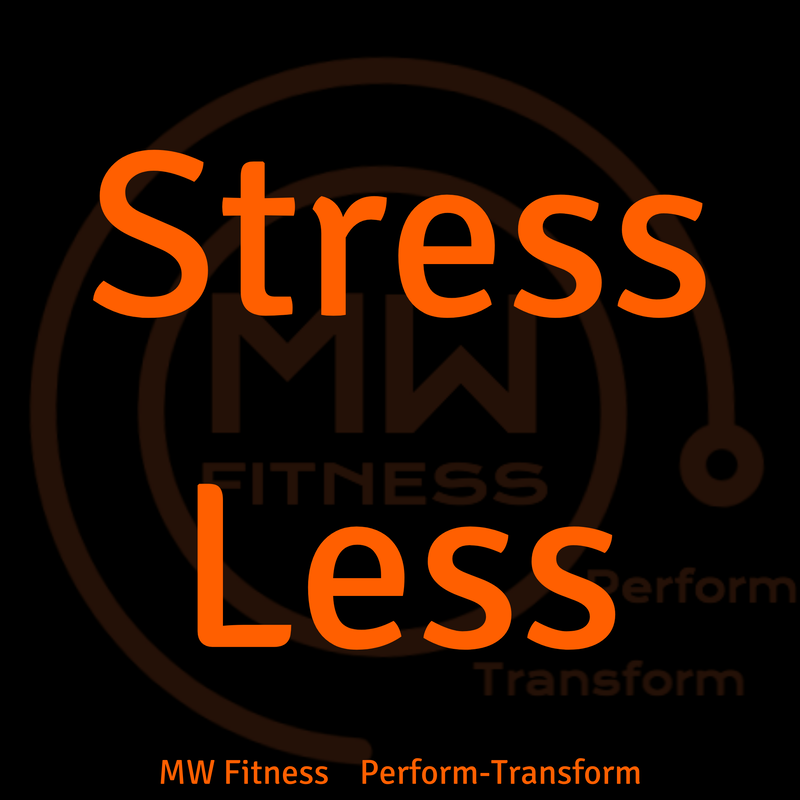
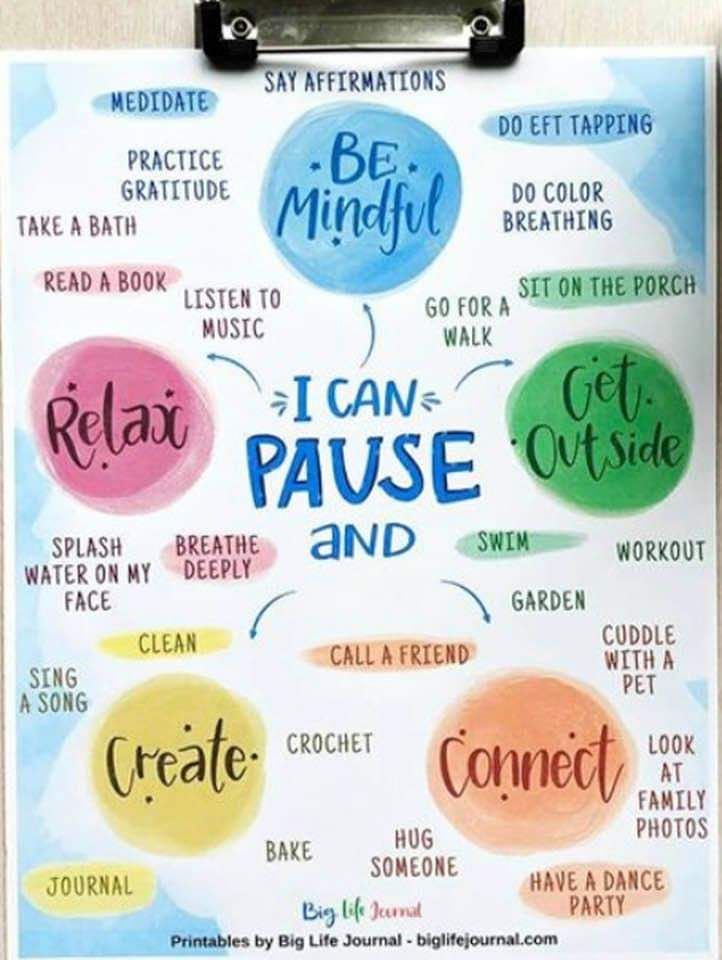
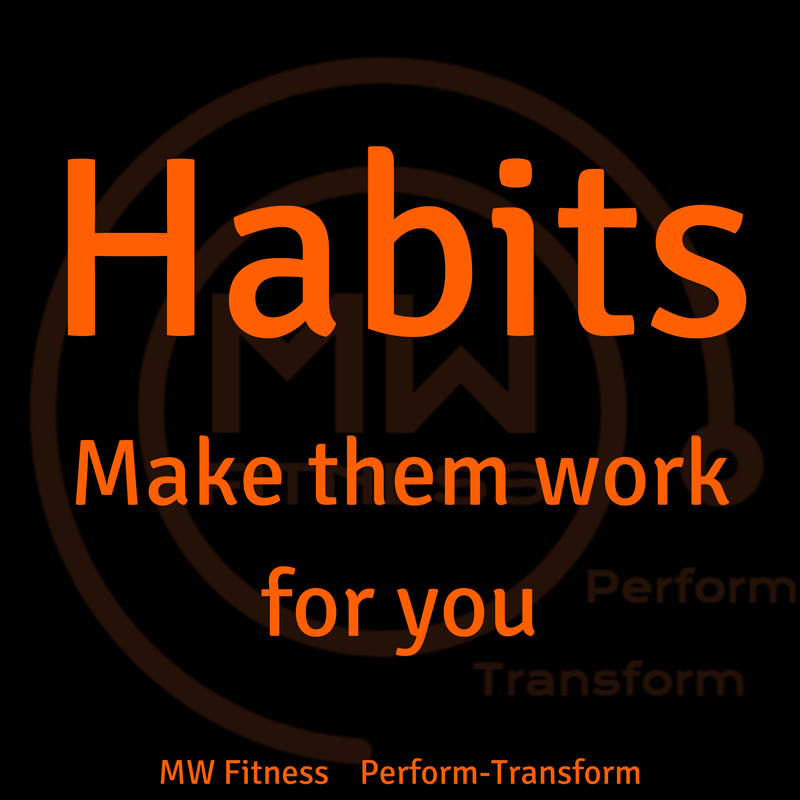
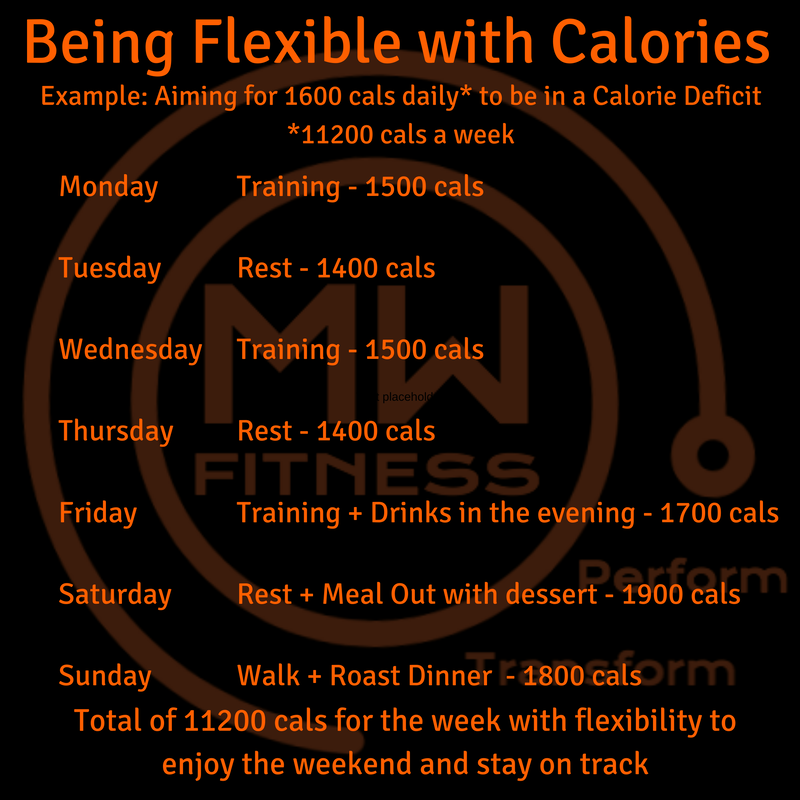
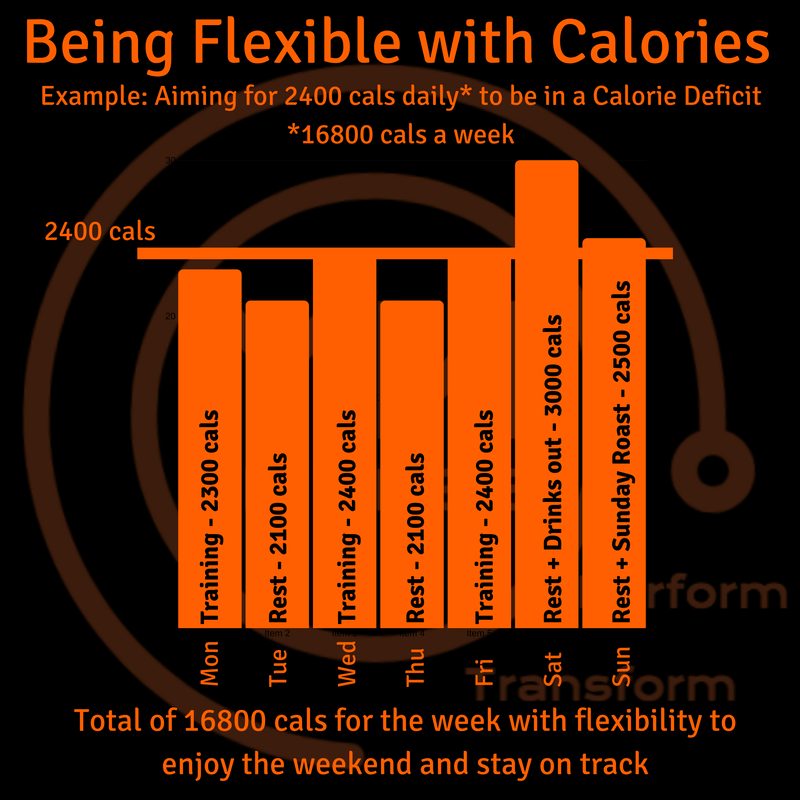
 RSS Feed
RSS Feed